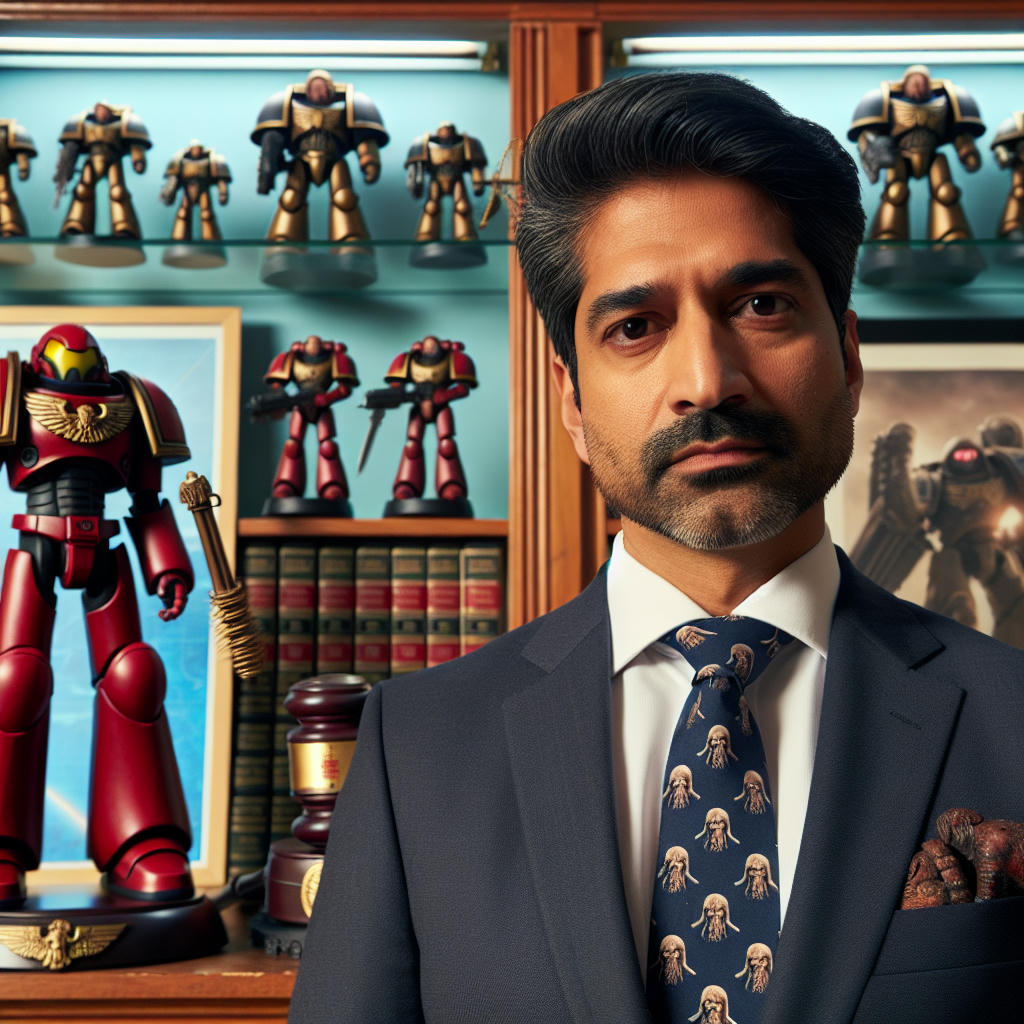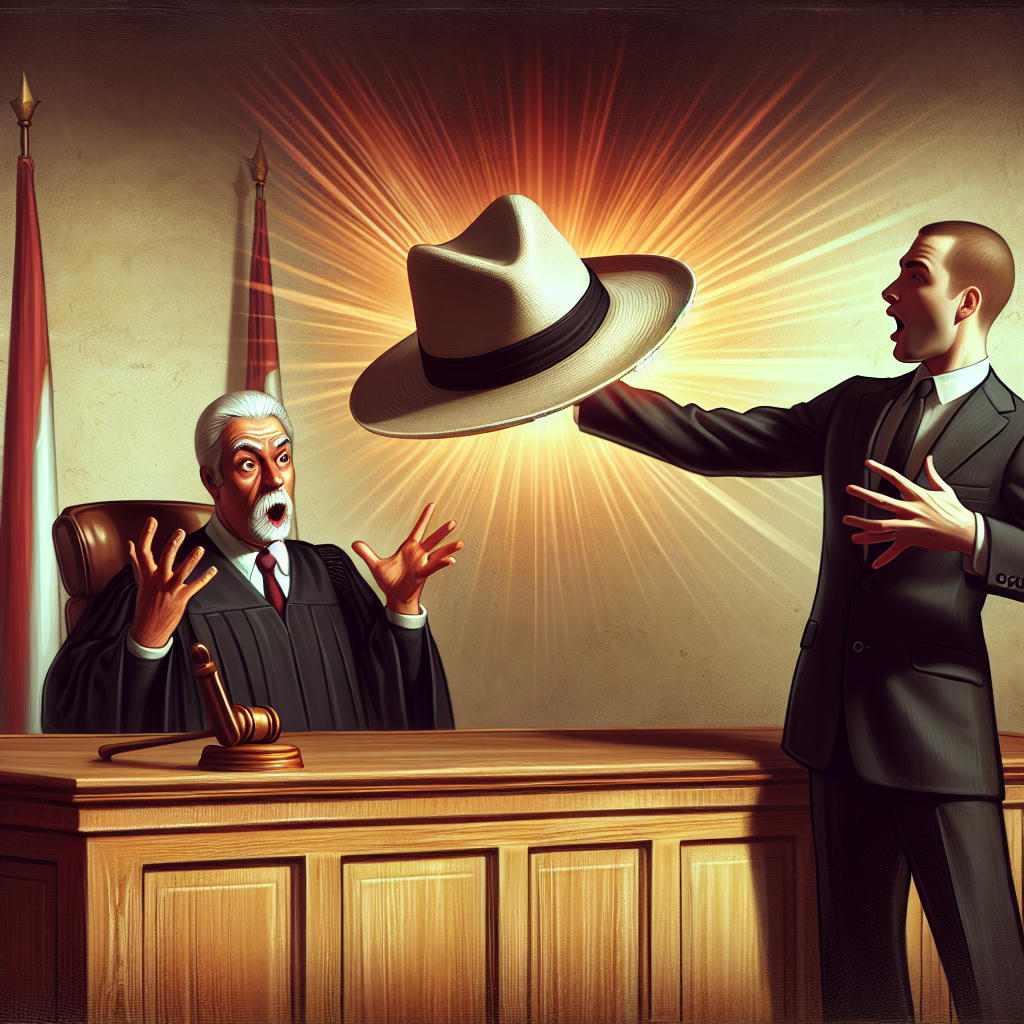In the annals of legal history, few names are spoken with as much bemused respect as that of Jonathan Q. Barrister, Esq., the formidable attorney who built an empire on the shattered dreams of Duke Nukem Forever. Barrister, a distinguished graduate of the prestigious Online University of American Law and Tactical Litigation, found his niche not in the typical realms of corporate law or personal injury claims, but in a daring and unprecedented specialty: suing people over broken promises related to the release of Duke Nukem Forever.
This legal venture began when Barrister stumbled upon an internet forum thread from the late '90s, where fans of the then-highly-anticipated video game Duke Nukem Forever made wild and often hilarious promises of what they'd do if the game ever came out. Intrigued by these declarations of undying loyalty and absurd commitments, Barrister saw not only humor but a golden opportunity. He meticulously recorded each promise, noting the usernames and the precise nature of the vows. Little did these enthusiasts know, their casual internet banter would soon become legally binding agreements, at least in the world of Jonathan Q. Barrister.
Barrister's first case involved a man who had sworn to eat his hat if Duke Nukem Forever was ever released. When the game finally hit the shelves in 2011, after over a decade of development hell, the man thought nothing of his rash statement made in the heat of passion. However, Barrister thought otherwise. With the ferocity of a pit bull in a pork chop factory, he dug up the old forum post, contacted the bewildered fan, and swiftly filed a lawsuit for breach of promise. The case, while bizarre, set a precedent. Barrister argued that in the digital age, words were as binding as a written contract, especially when declared in a public forum.
The victories began to pile up. One defendant was sued for not naming his firstborn Duke as promised, another for failing to tattoo the game's logo on their forehead. Each case was more eccentric than the last, proving that Barrister's legal theory of 'internet promise enforceability' wasn't just plausible—it was lucrative. His fame and fortune grew, as did his collection of esoteric memorabilia tied to lawsuits won, each with its own bizarre backstory. The lawyer became something of a legend in both gaming and legal circles, celebrated for his tenacity and creative approach to the law.
But not everyone was thrilled with Barrister's unique practice. Critics argued that his lawsuits trivialized the legal system, turning the courtroom into a circus. Yet, despite the controversy, Barrister remained undeterred, viewing each criticism as a badge of honor. He was often quoted saying, 'In a world where promises are made and broken with the click of a button, someone needs to hold people accountable. Why not do it with flair and a little bit of fun?' His point was hard to argue, especially when considering the traditional mundanity of legal disputes.
As the sun sets on Barrister's illustrious career, many wonder what legacy he leaves behind. Will future generations of lawyers take up the mantle of enforcing internet promises, or will Barrister remain a quirky footnote in the vast history of law? One thing is for sure: the world will never forget the lawyer who turned the delayed release of a video game into a legal battleground, ensuring that a promise made—even in jest—is a promise to be kept, or else face the gavel of Jonathan Q. Barrister, Esq.

